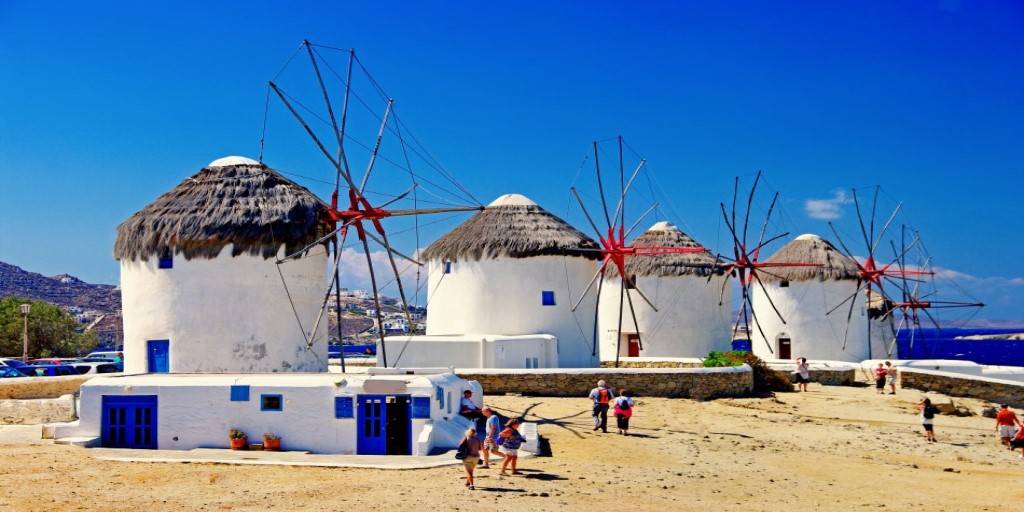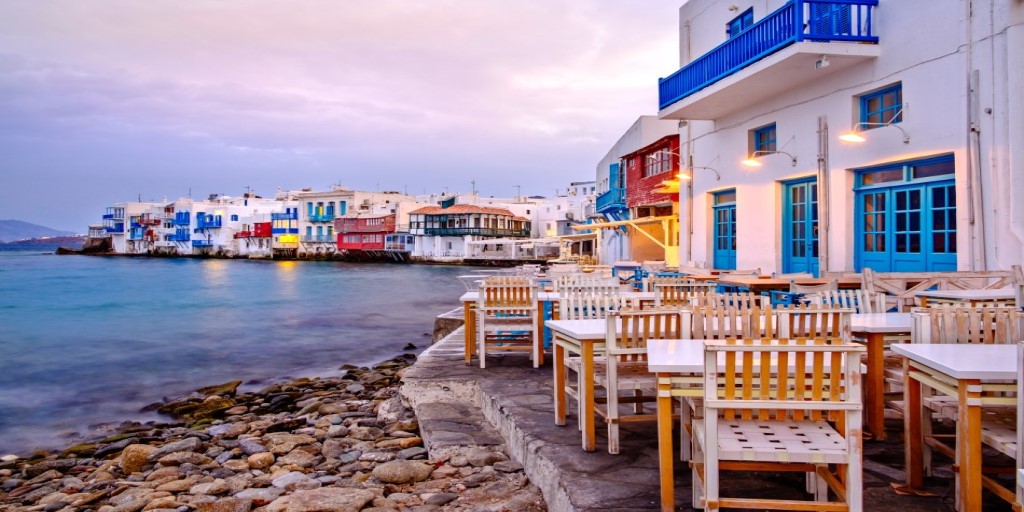Is Greece Safe to Travel? A Comprehensive Guide for Travelers
Greece, the cradle of Western civilization, with its stunning islands, ancient ruins, and rich cultural heritage, has long been a dream destination for travelers from around the world. From the iconic Acropolis in Athens to the sun-kissed beaches of Santorini and the historical sites of Delphi and Olympia, Greece offers a diverse array of experiences that cater to every type of traveler. However, like any destination, Greece is not without its challenges when it comes to safety and security. With concerns ranging from political unrest and economic challenges to petty crime and natural disasters, many potential visitors find themselves wondering: Is Greece safe to travel? In this comprehensive guide, we’ll explore the current safety situation in Greece, address common concerns, and provide practical tips to help you make an informed decision about whether Greece is a safe destination for your next adventure.

Understanding the Current Safety Situation in Greece
Before diving into the details, it’s important to have a clear understanding of the current safety situation in Greece and the factors that contribute to its reputation as a travel destination.
Political Unrest and Demonstrations
Greece has experienced periods of political unrest and civil unrest in recent years, particularly in major cities like Athens and Thessaloniki. While most protests and demonstrations are peaceful, they can sometimes escalate into violence or clashes with law enforcement. It’s advisable to avoid large gatherings, protests, and areas where political tensions are high, and to stay informed about current events through reputable news sources.
Economic Challenges
Greece has faced significant economic challenges in recent years, leading to occasional strikes, protests, and public demonstrations. While these events are generally peaceful, they can sometimes disrupt travel plans, public transportation, and essential services. It’s advisable to stay informed about potential disruptions and to have contingency plans in place.
Petty Crime and Scams
Like many popular tourist destinations, Greece has its share of petty crime, scams, and opportunistic theft targeting unsuspecting tourists. Common scams include overcharging at restaurants and shops, taxi scams, and distraction thefts where thieves work in pairs or groups to distract tourists and steal their belongings. To minimize the risk of falling victim to these scams, it’s advisable to be cautious, use reputable services, and keep your belongings secure at all times.
Safety Tips for Travelers in Greece
While Greece presents its set of challenges related to safety and security, there are several steps travelers can take to minimize risks and ensure a safe and enjoyable experience:
Stay Informed: Monitor local news, travel advisories, and embassy alerts for updates on security situations, travel restrictions, and safety concerns in Greece.
Register with the Embassy: Enroll in the Smart Traveler Enrollment Program (STEP) to receive important safety updates and assistance from your country’s embassy or consulate in Greece in case of emergencies.
Avoid High-Risk Areas: Steer clear of known trouble spots, protests, and areas with a high concentration of tourists, as these locations may be more susceptible to criminal activity, scams, and civil unrest.

Blend In: Respect local customs, dress modestly, and avoid drawing unnecessary attention to yourself as a foreigner. Learning a few basic phrases in Greek can also help you navigate local interactions more smoothly and respectfully.
Use Trusted Transportation: Opt for reputable taxis, rideshare services, or organized tours when traveling around Greece, especially at night or in unfamiliar areas. Avoid using unofficial taxis or accepting rides from strangers to reduce the risk of scams or theft.
Secure Your Belongings: Keep your valuables, passport, and important documents secure at all times, either in a hotel safe or a concealed money belt. Be cautious of pickpockets, particularly in crowded tourist areas, markets, and public transportation.
Stay Connected: Share your itinerary, contact information, and emergency contacts with family and friends back home, and check in regularly to let them know you’re safe. Consider purchasing a local SIM card or international roaming plan to stay connected while in Greece.
Conclusion
In conclusion, while Greece presents its set of challenges related to safety and security, with proper planning, awareness, and vigilance, travelers can enjoy a safe and enriching experience in this vibrant and historically rich country. By staying informed, respecting local customs and laws, and taking proactive steps to ensure personal safety and security, travelers can explore the wonders of Greece with confidence, knowing that they’ve done their homework and are prepared to handle any challenges that may arise.
So, is Greece safe to travel? The answer lies in your preparedness, awareness, and willingness to adapt to the local environment. With the right precautions and a respectful attitude, you can explore the sights, sounds, and flavors of Greece while creating lasting memories that will stay with you long after you’ve returned home. So why wait? Start planning your Greek adventure today and discover the magic and beauty that await you in this enchanting country. Greece Tours Package